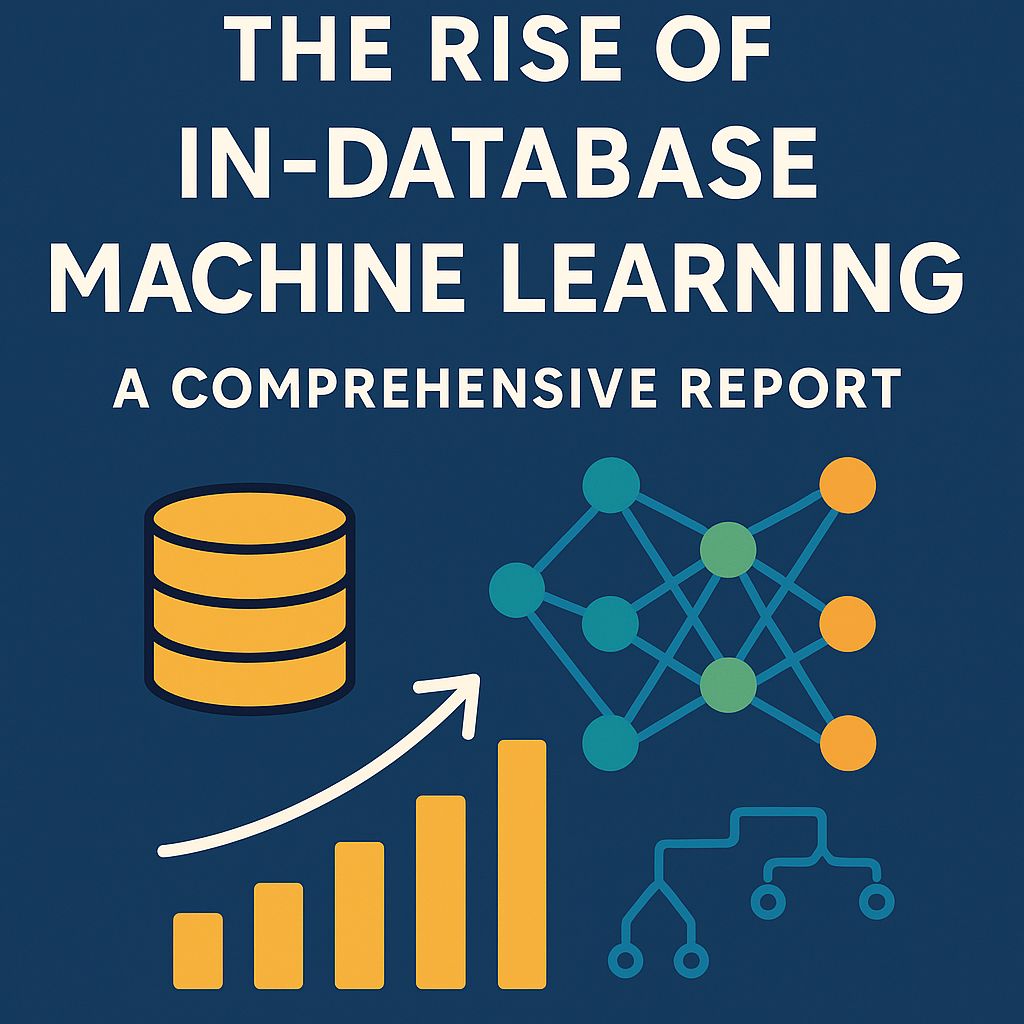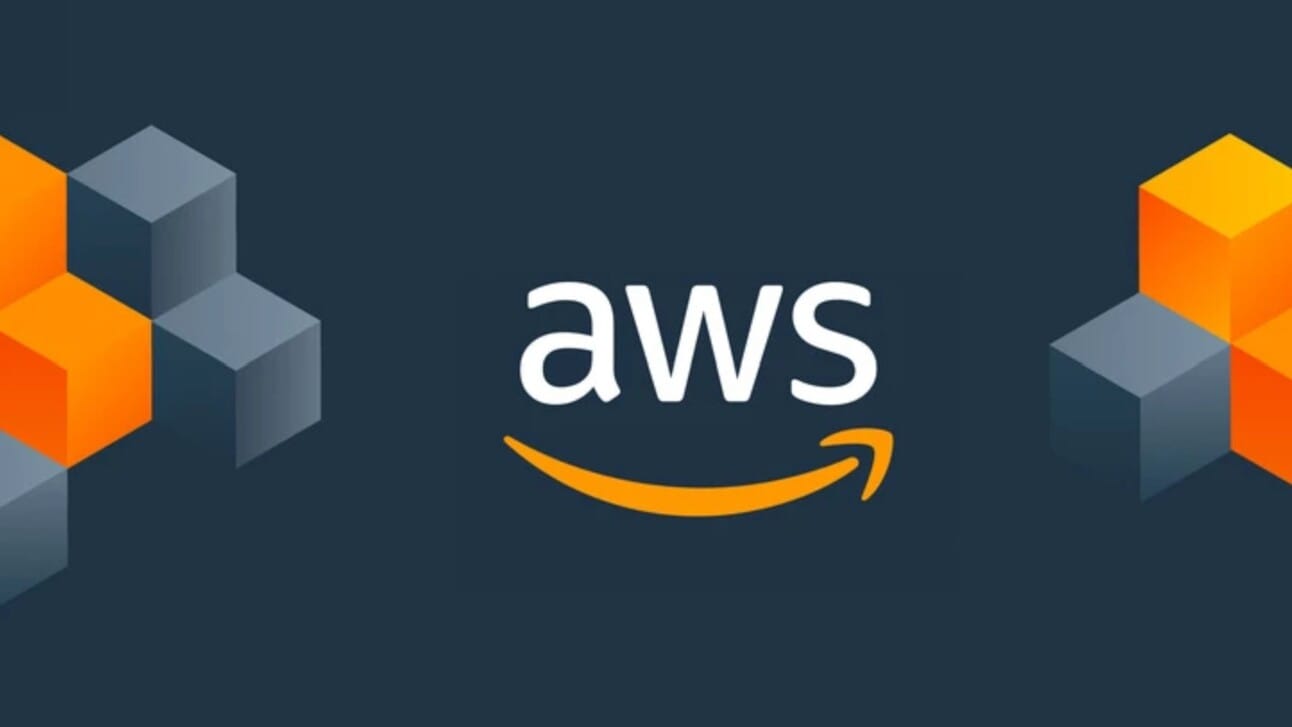- Cloud Database Insider
- Posts
- AWS offers $200 credits for new users 💵🙌|Introducing MCP Server for Oracle Database🗄️✨|Modern Data Catalog for AWS 🚀|SQL and Machine Learning
AWS offers $200 credits for new users 💵🙌|Introducing MCP Server for Oracle Database🗄️✨|Modern Data Catalog for AWS 🚀|SQL and Machine Learning
Jeff and Larry are friends now? Who knew?

What’s in today’s newsletter:
AWS offers $200 credits for new users 💵🙌
Introducing MCP Server for Oracle Database🗄️✨
Select Star MCP - Modern Data Catalog for AWS 🚀
Oracle and AWS partner to enhance cloud services 🌥️
Qdrant unveils unified AI cloud inference platform 🧠
Also, check out the the weekly Deep Dive -SQL and Machine Learning - LINK, and Everything Else in Cloud Databases.
Find out why 1M+ professionals read Superhuman AI daily.
In 2 years you will be working for AI
Or an AI will be working for you
Here's how you can future-proof yourself:
Join the Superhuman AI newsletter – read by 1M+ people at top companies
Master AI tools, tutorials, and news in just 3 minutes a day
Become 10X more productive using AI
Join 1,000,000+ pros at companies like Google, Meta, and Amazon that are using AI to get ahead.

TL;DR: AWS updated its Free Tier to give new users $200 in credits valid for 12 months, encouraging experimentation across services and helping startups, students, and small businesses access cloud resources affordably.
AWS Free Tier now offers new customers up to $200 in credits to explore services over 12 months.
Credits can be used on compute, storage, database, and networking services across the AWS ecosystem.
This update aims to lower entry barriers, attracting students, startups, and small businesses to AWS.
The initiative fosters innovation and hands-on learning, strengthening AWS’s competitive cloud market position.
Why this matters: AWS’s $200 credit expansion lowers financial barriers, enabling more startups and students to innovate using cloud services. This strategy enhances user adoption, deepens platform familiarity, and solidifies AWS’s dominance amid fierce cloud competition, potentially accelerating new cloud-based solutions development and broader technology democratization.

TL;DR: Select Star’s MCP Server—a modern data catalog for AI agents—is now available in AWS Marketplace’s new AI Agents and Tools category, enabling streamlined access to metadata for copilots and LLMs, improving data discovery, governance, and AI agent effectiveness.
Select Star’s MCP Server is now listed in AWS Marketplace, simplifying procurement and deployment for AI-driven workflows.
It provides AI agents with rich metadata: lineage, ownership, popularity, and semantic context.
Enables unified search across datasets, dashboards, and glossaries to align AI responses with internal data definitions.
AWS Marketplace listing accelerates adoption with centralized governance and faster evaluation processes.
Why this matters: This release brings governed, metadata-rich context directly into AI workflows—empowering enterprises to build more effective AI agents and copilots with trusted data. It also eases procurement, speeding up AI adoption across compliant, scalable enterprise environments.
ORACLE

TL;DR: Oracle's MCP Server enables secure, AI-assisted access to Oracle Databases using the Model Context Protocol (MCP), allowing LLMs and copilots to interact with databases safely and transparently—ushering in a new era of AI-native database management with auditability, role-based access, and enterprise-grade compliance.
Oracle’s MCP Server for Oracle Database exposes database metadata and query execution interfaces to LLMs and AI copilots via the open-source Model Context Protocol.
Built into SQLcl (from version 25.2), it allows tools like GitHub Copilot or custom agents to query schema, run SQL, and manage connections using natural language.
All actions are logged (via DBTOOLS$MCP_LOG and Oracle’s standard performance views), with built-in support for auditing, security roles, and read-only access.
The MCP Server promotes AI-assisted database development and diagnostics, bridging traditional Oracle environments with modern, agent-driven workflows.
Why this matters: Oracle’s MCP Server allows AI copilots and LLMs to safely interact with production or development Oracle Databases in real-time, with full governance and observability. This opens the door to smarter, AI-driven database development, operations, and insight generation—enabling enterprise teams to boost productivity while maintaining control and compliance.

TL;DR: Oracle and AWS ended their rivalry, enabling smoother Oracle workload migrations, better service integration, potential cost savings, and fostering broader industry cooperation for improved cloud innovation and efficiency.
Oracle and AWS have ended their rivalry, initiating a strategic partnership benefiting cloud customers.
The collaboration enhances interoperability, simplifying Oracle workload migrations to AWS cloud services.
Customers can expect improved service integration and potential cost savings from compatible platforms.
The ceasefire may encourage industry-wide cooperation, driving better service innovation and operational efficiency.
Why this matters: The Oracle-AWS truce unlocks seamless cloud integration and cost savings, easing migration challenges. This partnership signals a shift towards collaboration in the cloud industry, potentially sparking broader innovation and efficiency gains that benefit businesses and accelerate cloud adoption.
VECTOR DATABASE
TL;DR: Qdrant launched Cloud Inference to unify multi-modal embeddings and vector search, simplifying AI model deployment and enhancing search accuracy, boosting workflows and user experiences across industries.
Qdrant launched Cloud Inference to unify embeddings and vector search across text, images, and audio modalities.
The platform enables efficient deployment of AI models for multi-modal data embedding and similarity searches.
Qdrant Cloud Inference simplifies integration, enhancing search results and recommendations from diverse datasets.
This innovation streamlines AI workflows, boosting decision-making and user experiences across various industries.
Why this matters: Qdrant Cloud Inference’s unified multi-modal vector search simplifies complex AI data handling, improving search accuracy and recommendations. This advancement accelerates AI integration across industries, fostering innovation and better decision-making,

EVERYTHING ELSE IN CLOUD DATABASES
Data readiness fuels agentic AI success
MongoDB insiders sold $70M in shares, signaling doubt
WS, Google vie in AI cloud service expansion
S3 Tables cut data compaction costs effectively
Snowflake's premium valuation fueled by AI growth

DEEP DIVE
SQL and Machine Learning
I am continuing my Deep Dive from last week. I don’t usually do this but I am still intrigued at the melding of traditional SQL and modern Machine Learning.
I guess it is because I have been working with SQL most of my adult life and I have a few times, had dreams of writing correlated sub-queries in my sleep (I am not exaggerating).
I think also because of all the banter lately about AI taking our jobs, I have this on my mind so much lately. Not that I am particularly worried, but I always think on how we as data practitioners can enhance our existing skills in a world that is focusing more and more on AI. As I have stated before, these Machine Learning model architectures have to get their data from somewhere.
Here are some of the SQL technologies that have Machine Learning model creation as part of their features:
Amazon Redshift
Azure SQL Database
Azure Synapse Analytics
Snowflake
Oracle Database (specifically Oracle Machine Learning)
Vertica
Teradata Vantage
PostgreSQL (with MADlib extension)
SAP HANA
MindsDB (as an AI layer that integrates with various databases)
I have a more comprehensive list of the aforementioned database technologies. You can find the article here.
Gladstone Benjamin

